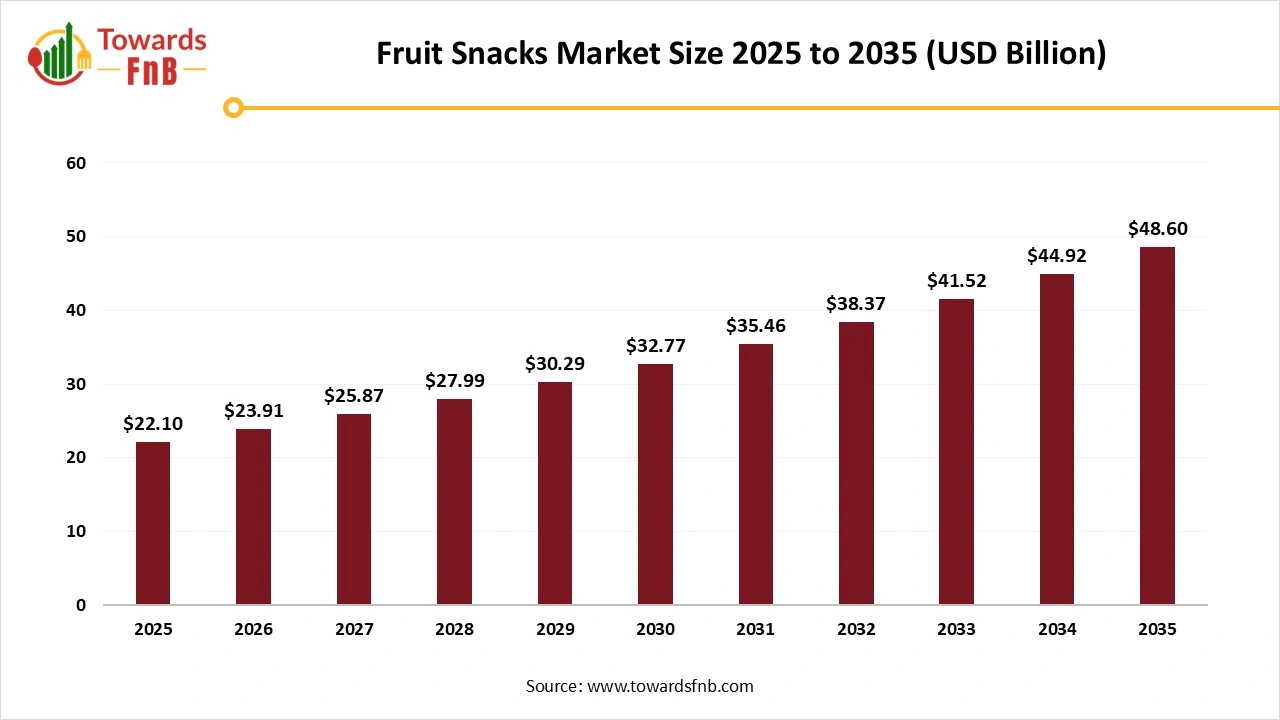The United Kingdom is set to complete its stablecoin regulations by 2026, aiming to strike a balance between fostering innovation and ensuring consumer protection in the growing cryptocurrency market. This initiative could position the UK as a leading, trusted hub for global cryptocurrency businesses. The Bank of England (BOE) will launch a public consultation on November 10, 2023, to gather input on the proposed stablecoin framework.
Stablecoins, which are cryptocurrencies pegged to real-world assets such as the US dollar or British pound, have gained significant traction recently. Current estimates suggest that approximately seven million adults in the UK now own cryptocurrency, up from just 2.2 million in 2021. Despite this burgeoning interest, investors remain cautious due to uncertainties surrounding regulatory frameworks, tax obligations, and overall safety.
In response to this growing interest, the UK government has been striving to create a conducive environment for digital assets since 2022. The UK Treasury and the Financial Conduct Authority (FCA) are collaborating to formulate regulations that not only support innovation but also prioritize consumer safety. The proposed regulations will be designed to adapt as the crypto market evolves, ensuring that UK financial systems remain safe and trustworthy.
Aligning with Global Standards
The UK’s approach to stablecoin regulation aims to mirror the legal frameworks being established in other countries. In the United States, lawmakers are currently debating stablecoin bills to provide clarity and legal structure. Meanwhile, the Markets in Crypto-Assets (MiCA) regulation in Europe is scheduled to fully take effect in 2025. By finalizing its rules by 2026, the UK intends to align with these global standards while tailoring its regulations to suit its unique financial landscape.
The initiative has been largely welcomed by industry stakeholders; however, there are concerns regarding potential delays or bureaucratic hurdles. Such obstacles could drive talent and businesses to more favorable regulatory environments, like those in the US or Singapore. A fintech founder based in London noted, “The crypto industry doesn’t want chaos; it just needs clear and fair rules.”
Future Implications for the Crypto Market
If implemented effectively, the stablecoin regulations could bridge the gap between traditional finance and digital assets, encouraging startups to remain in the UK rather than relocating abroad. This regulatory clarity may stimulate growth, attracting further investment into the sector.
The next two years will be pivotal in determining whether the UK can successfully balance safety, trust, and innovation within its crypto market. With the public consultation on the horizon, stakeholders eagerly await the feedback and subsequent developments that will shape the future of stablecoins in the UK.







